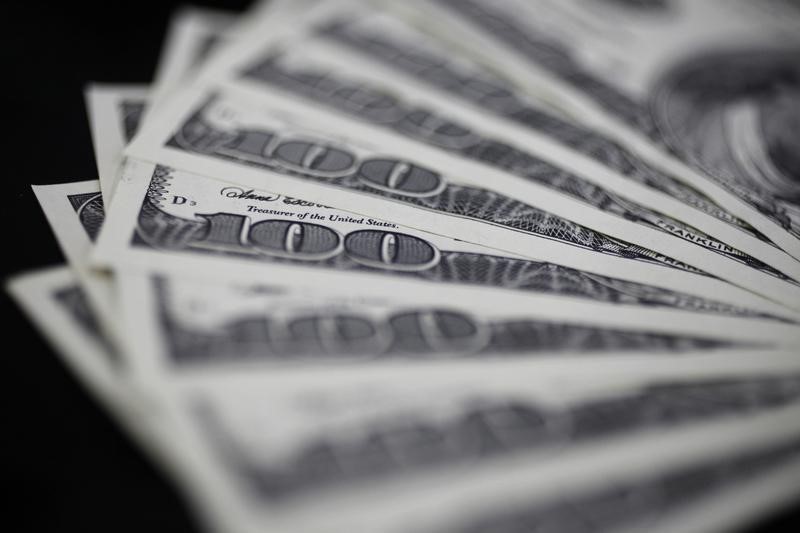Dollar Soars to Two-Decade High; Yen Hit Particularly Hard
2022.07.11 10:27

The U.S. dollar surged to a new 20-year high in early European trade Monday, gaining strongly against the Japanese yen in particular, on fears about the global growth outlook ahead of the release later in the week of key U.S. inflation data.
At 02:55 AM ET (0655 GMT), the Dollar Index, which tracks the greenback against a basket of six other currencies, traded 0.5% higher to 107.325, climbing to levels not seen since the start of 2002.
USD/JPY rose 0.7% to 137.03, paring gains slightly, climbing as high as 137.26 in early trading, its highest since late 1998, a 24-year peak.
The yen’s weakness accelerated after Japan’s ruling coalition expanded its majority in Sunday’s upper house election, suggesting that the voting public remains behind the country’s super-easy monetary policy.
The Bank of Japan Governor Haruhiko Kuroda added to that sentiment by stating earlier in the day that the central bank “won’t hesitate to take additional monetary easing steps as necessary”.
The Japanese central bank’s soft monetary policy stance has been at odds with most of its contemporaries, as most major central banks, and the U.S. Federal Reserve, in particular, have started aggressively raising interest rates to combat soaring inflation.
The latest U.S. consumer price index is due on Wednesday, and is expected to show an 8.8% year over year increase and a 1.1% month over month increase. In combination with Friday’s strong nonfarm payrolls release, this will point to another Fed interest rate hike of 75 basis points – which is likely to have a negative impact on global growth.
EUR/USD fell 0.5% to 1.0129, heading back towards the 20-year intraday low hit Friday, with the risk of a recession in the Eurozone growing as the likelihood of an energy crisis in the region rises.
The probability of an economic contraction has increased to 45% from 30% in the previous survey and 20% before Russia invaded Ukraine, according to economists polled by Bloomberg.
Germany, the region’s largest economy, is more likely than not to see economic output shrink given its vulnerability to cutbacks in Russian energy flows.
GBP/USD fell 0.4% to 1.1975, with the political uncertainty surrounding the ruling Conservative party’s choice of their next leader and prime minister weighing on sterling.
Risk sensitive AUD/USD fell 0.7% to 0.6809, NZD/USD dropped 0.5% to 0.6161, while USD/CAD rose 0.4% to 1.2998, ahead of the Reserve Bank of New Zealand and the Bank of Canada‘s latest meetings, both due later this week.








